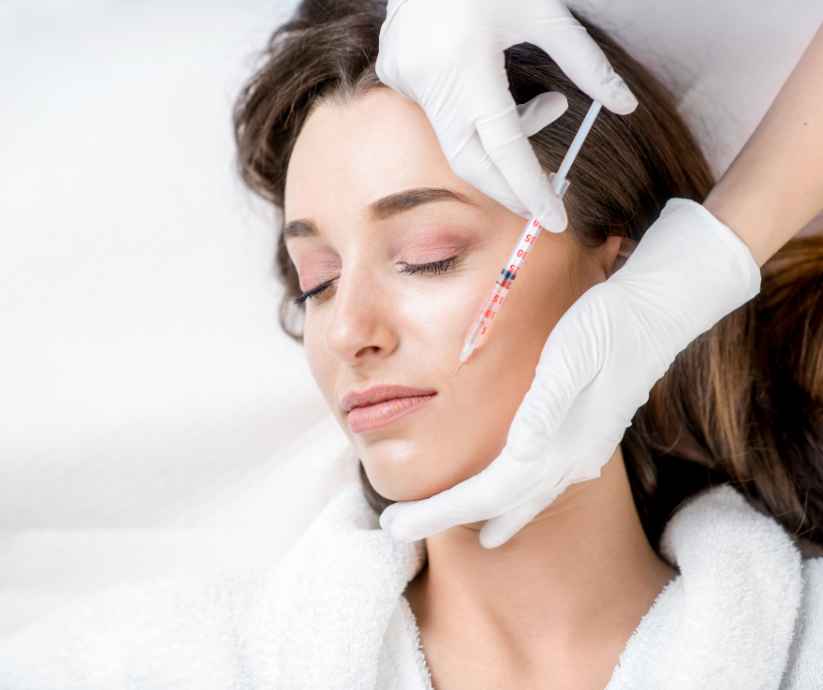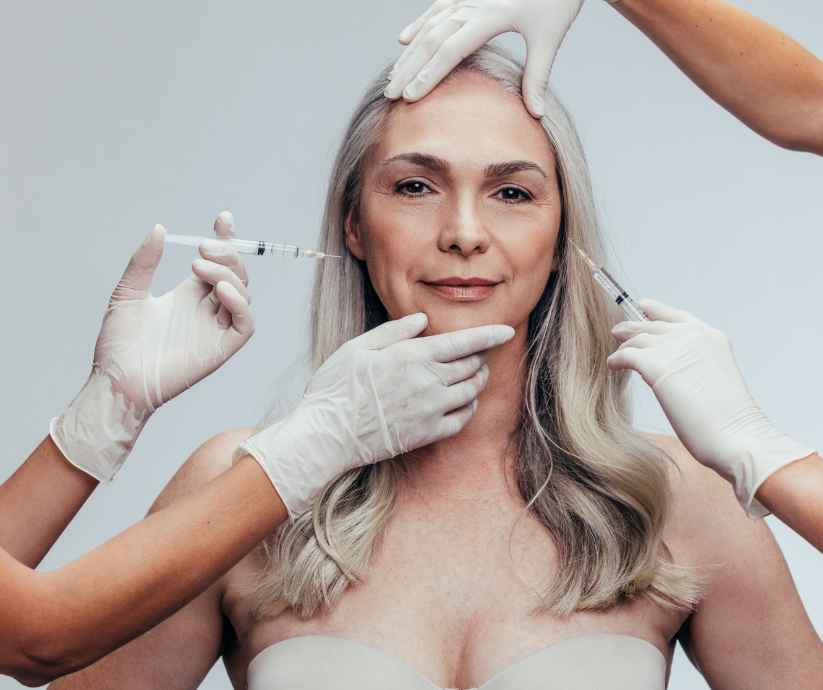
In today’s image-conscious society, the pressure to conform to societal beauty standards has become increasingly prevalent. Many individuals, driven by a desire to enhance their appearance, turn to cosmetic surgery as a means to achieve their desired aesthetic goals. While the physical transformations brought about by these procedures are often highlighted, it is crucial to also consider the psychological impact and emotional well-being of those who undergo cosmetic surgery.
Cosmetic surgery, encompassing a wide range of procedures from breast augmentation to rhinoplasty, can indeed have a profound impact on an individual’s mental health. For some, undergoing a cosmetic procedure can be empowering, boosting their self-confidence and improving their body image. The positive changes in physical appearance can lead to increased self-esteem and a more positive self-perception, ultimately improving overall mental well-being.

However, it is essential to acknowledge that cosmetic surgery is not a cure-all for underlying psychological issues. Some individuals may seek out cosmetic procedures as a means of addressing deeper insecurities and body dysmorphia. These individuals often exhibit a persistent preoccupation with perceived defects in their appearance, which can persist even after surgery. In such cases, cosmetic surgery may provide temporary relief, but it is crucial to address the underlying psychological concerns through therapy and counselling.
Furthermore, the decision to undergo cosmetic surgery can also be influenced by societal pressure and unrealistic beauty standards perpetuated by the media. The constant exposure to digitally altered images and the pressure to conform to an idealized version of beauty can take a toll on an individual’s self-esteem. Consequently, individuals may turn to cosmetic procedures in an attempt to meet these unrealistic expectations. It is important to emphasize that cosmetic surgery should be a personal decision driven by individual desires, rather than external pressures.

Post-operative care plays a vital role in the psychological well-being of individuals undergoing cosmetic surgery. The recovery process can be challenging, both physically and emotionally. Patients may experience temporary discomfort, swelling, and bruising, which can impact their self-esteem during the healing period. Having a strong support system, including friends, family, and mental health professionals, can provide the necessary emotional support and help individuals navigate the emotional challenges associated with recovery.
While cosmetic surgery can contribute to improved self-confidence and body image, it is essential to approach it as a complement to a comprehensive approach to mental health. Individuals should consider other strategies to enhance their well-being, such as therapy, exercise, and self-care practices. Taking care of one’s mental health holistically can lead to long-lasting improvements in self-esteem and overall emotional well-being.

The psychological impact of cosmetic surgery is a multifaceted topic that requires careful consideration. While it can provide individuals with a sense of empowerment and improved self-esteem, it is important to address the underlying psychological concerns that may have led to the decision to undergo surgery. Moreover, it is crucial to have realistic expectations, engage in open communication with healthcare professionals, and establish a strong support system to navigate the emotional challenges associated with cosmetic procedures. By promoting a comprehensive approach to mental health, we can ensure that individuals achieve long-lasting emotional well-being alongside their desired physical transformations.



